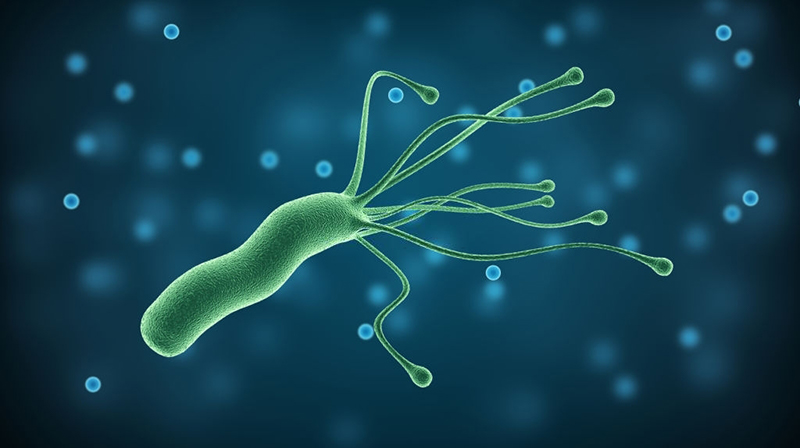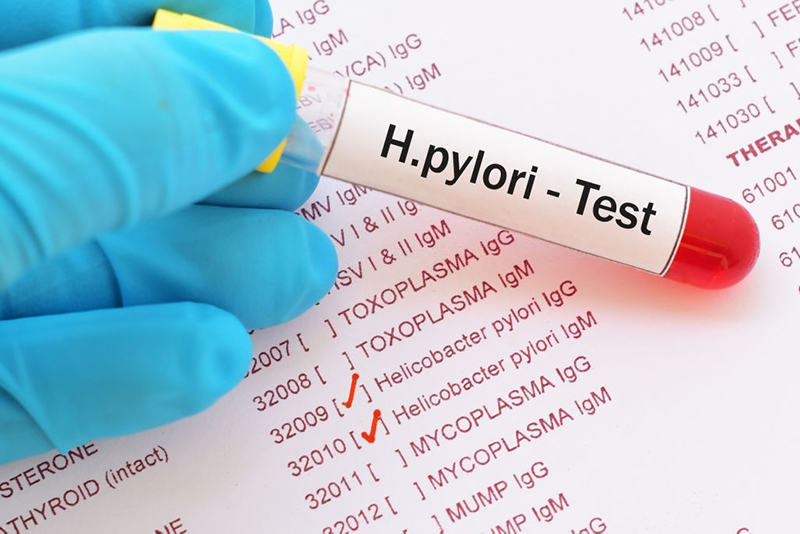If you’re suffering from the usual H. pylori symptoms of stomach discomfort, burning, or ulcers, or if you’ve tried and failed to treat H. pylori, you’ll be relieved to learn that probiotics can be a simple, effective solution. probioticseverything.com probiotics h pylori
Ordinary probiotics may not appear to make much of a difference in the fight against the harmful bacteria Helicobacter pylori. However, the surprising news is that different probiotic strains appear to prevent H. pylori infection, greatly increase H. pylori treatment success, and even totally treat it in some circumstances (in a minority of cases).
Let’s look at what science says about H. pylori, how probiotics affect H. pylori, and how probiotics should be used in H. pylori treatment. probioticseverything.com probiotics h pylori

What is Helicobacter Pylori?
Helicobacter pylori, or H. pylori, is a spiral-tailed pathogenic bacteria that lives mostly in the stomach but can also be found elsewhere in the gastrointestinal tract.
H. pylori was identified by two Australian researchers, Barry Marshall and Robin Warren, one of whom infected himself with the bacteria to verify that it caused gastritis. In 2005, they were awarded the Nobel Prize for this significant contribution to gastroenterology.
H. pylori is thought to be prevalent in the guts of more than half of the world’s population. Just 10-20% of those infected develop symptoms such as peptic ulcers, and only a tiny fraction develop stomach cancer. probioticseverything.com probiotics h pylori
H. pylori burrows into the stomach lining and inflames it, affecting the stomach’s acid-producing parietal cells. A decrease in stomach acid caused by H. pylori infection can lead to a variety of diseases and negative effects down the road. Vitamin B12 and iron insufficiency, poor protein digestion, low bile and enzyme output, and delayed gut motility can all be symptoms of low stomach acid. probioticseverything.com probiotics h pylori
In persons with peptic ulcer disease, eradication of H. pylori relieves symptoms and prevents recurrence. probioticseverything.com probiotics h pylori
H. Pylori Infection Symptoms
The presence of H. pylori in the stomach produces a variety of symptoms, including:
Bloating, gas, and pain in the abdomen
Stomach pains
On an empty stomach, stomach ache
Appetite loss.
Nausea
Burping on a regular basis
GERD (gastroesophageal reflux disease) is a condition that causes heartburn, reflux
Duodenal ulcers or peptic ulcers
Gastritis is a condition that affects the digestive system (inflammation of the stomach lining)
H. pylori colonizes the epithelial cells of the stomach (stomach lining cells). The enzyme urease is produced by the bacteria when it breaks down proteins in the stomach wall. High urease levels raise ammonia levels in the stomach, causing gastrointestinal irritation and damage to the mucosa. probioticseverything.com probiotics h pylori
Helicobacter pylori eradication frequently eliminates these symptoms.
Probiotics are helpful in the treatment of H. Pylori.
Multiple meta-analyses and systematic reviews (the highest quality data) have revealed that probiotic bacteria improve the outcome of regular H. pylori treatment (antibiotics).
Probiotic supplementation, in particular, has been demonstrated to:
Reduce the negative effects of standard treatment (antibiotics) and raise the likelihood that patients will complete their antibiotic treatment.
When compared to antibiotic therapy without probiotics, therapeutic effectiveness increases by 10-15%. probioticseverything.com probiotics h pylori
Correcting the stomach microbiota can help to suppress H. pylori in the stomach and alleviate dyspeptic symptoms. probioticseverything.com probiotics h pylori
Long-term probiotic use appears to lower the chance of developing ulcers, gastritis, and cancer, which are all linked to gastrointestinal inflammation induced by H. pylori infection.
Some data contradicts each other. Probiotics did not increase Helicobacter pylori eradication rates, according to one meta-analysis, but they did lessen adverse effects from traditional antibiotic treatment, such as diarrhea and nausea. A modest clinical investigation found comparable results. probioticseverything.com
Probiotics, on the other hand, have been found to make a significant difference in the treatment of H. pylori in a number of meta-analyses, systematic reviews, and clinical studies. Given these findings, probiotics should be emphasized during treatment.

